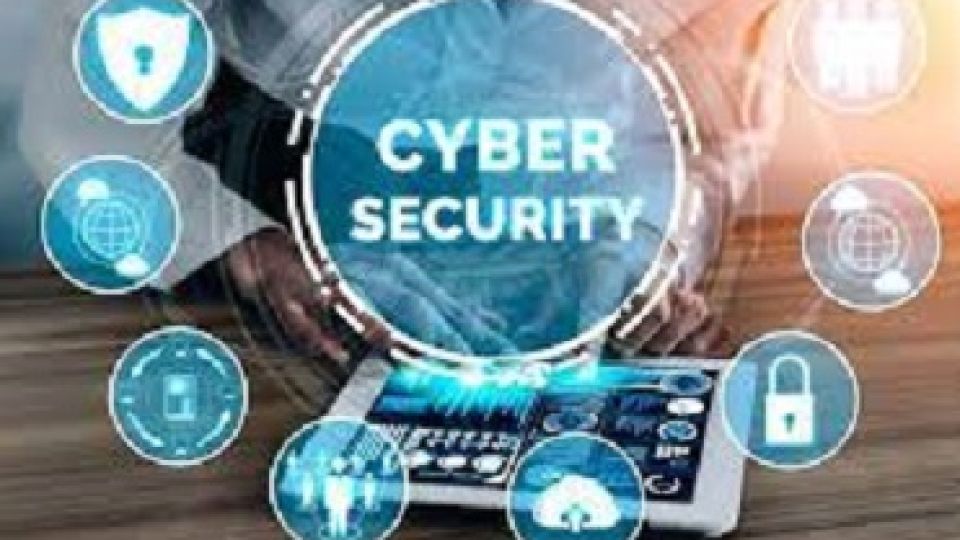by AKANI CHAUKE
JOHANNESBURG, (CAJ News) – WITH the increase in technology across all sectors heightening the risks of cyber attacks is more imperative than ever to teach the younger generations about cyber security.
This is according to a leading provider of cyber security solutions globally as the word marks Technology Education Day.
It is marked on September 23 and in Africa, it comes on the back of organisations experiencing an average of 1 896 cyber attacks per week over the last six months.
Check Point Software Technologies advises that Technology Education Day assumes more significance than ever as so much course work and classroom teaching relies on digital platforms.
“Cybersecurity education is becoming more and more important, as it will not only be useful for people working in the sector, but it will be crucial for everyone’s day-to-day life,” explained Pankaj Bhula, Regional Director for Africa at Check Point Software.
The executive added, “Everything is becoming more digitalised and any action we take will carry dangers both in our work and in our private lives.”
“Today’s children are technology natives, so let’s give them the tools to feel safe in a fast-changing environment where they spend most of their day.”
Experts recommend ten years of age as the ideal time to begin addressing cyber security in the classroom, as long as the different devices have security software and parental controls, and they are used under adult supervision.
At this stage, the most useful knowledge that can be taught to pupils is about privacy, responsible use of the internet, basic security settings for devices and advice on cyber bullying.
The secondary school age group needs to learn the most common cyber security threats and dangers on the internet, such as phishing and how to identify a suspicious email or text, account theft, malware, ransomware and their signs.
At higher education level, experts note it is at this stage that a student focuses on the subject in which they want to specialise and develop for their professional life.
Subjects such as computer engineering, telecommunications, a degree specialising in cyber security or computer science are seen as ones ones that will expand the cyber security knowledge beyond what was learned at school.
– CAJ News

